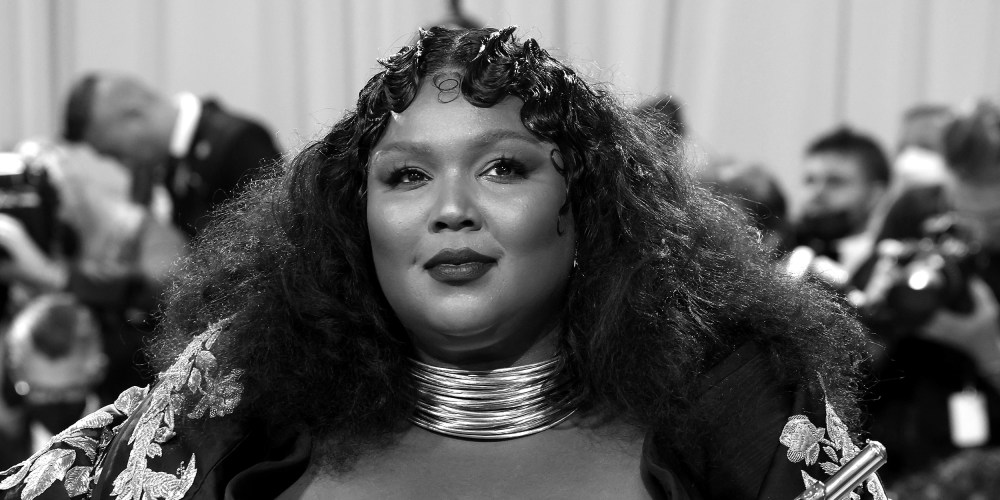On Monday, Lizzo did something so rare for a celebrity that I almost had to reread her post to make sure I was getting it right: She apologized for using the word “spaz” in her new song “GRRRLS” because many people with disabilities consider the word a slur, and some of them told her so online. On top of that, the musician also pledged to re-record the song (which is admittedly fantastic and eminently danceable thanks to a sample from the Beastie Boys) without the offending word.
Lizzo apologized for using the word “spaz” in her new song “GRRRLS” because many people with disabilities consider the word a slur and told her so online.
Some people on Twitter excused Lizzo’s use of the word by arguing that it isn’t considered offensive in African American Vernacular English (or AAVE), but Lizzo used her own experiences to explain her empathy for others: in this case, people with people with disabilities.
“As a fat black woman in America, I’ve had many hateful words used against me so I understand the power words can have (whether intentionally or in my case unintentionally),” Lizzo wrote. Rather than complaining about “cancel culture” or decrying “wokeness,” she showed a willingness to learn. Given the way Lizzo apologized, I do not think that she intentionally meant to hurt people with disabilities when she included the word in her songs.
Examining our own language is harder than criticizing a celebrity on social media, but doing so is far more necessary since it requires us to examine how deeply embedded into our language ableism is and how often we make value judgments about disability with the words we choose.
— FOLLOW @YITTY (@lizzo) June 13, 2022
I know because I, a person with a disability who regularly writes about these issues and has, indeed, written a whole book about disability issues, was feeling bummed out a few weeks ago for no apparent reason and said out loud, “Why am I acting like such a spaz?” I stopped myself. Was the word I just used ableist?
The response to Lizzo’s use of the word confirmed that the word is ableist since it derives from “spastic paralysis,” the congenital form of which is now known as cerebral palsy. But my use of the word also showed me something deeper: I was using “spaz” to judge myself, specifically, comparing myself to people who cannot control their muscles, as if they were somehow deficient.
Even more jarring, I was judging myself for dealing with depression, something I’ve had since childhood, and acting as if that made me a bad person when the truth is, as unpleasant as it is, depression has no bearing on whether someone is a good or bad person.

It’s moments such as those that make me realize how pervasive ableist language is and how even very liberal and tolerant people can unconsciously use language that stigmatizes disability. Think about how many people describe student debt as “crippling” or say that some advice or criticism “falls on deaf ears” or how somebody “turned a blind eye” to something which they should have given attention.
Each of those phrases turns something that either happens to a person with a disability or something they are born with and turns it into a negative character trait and perpetuates the idea that a person with a disability is deficient or somehow less moral, upright or worthy than an able-bodied person.












